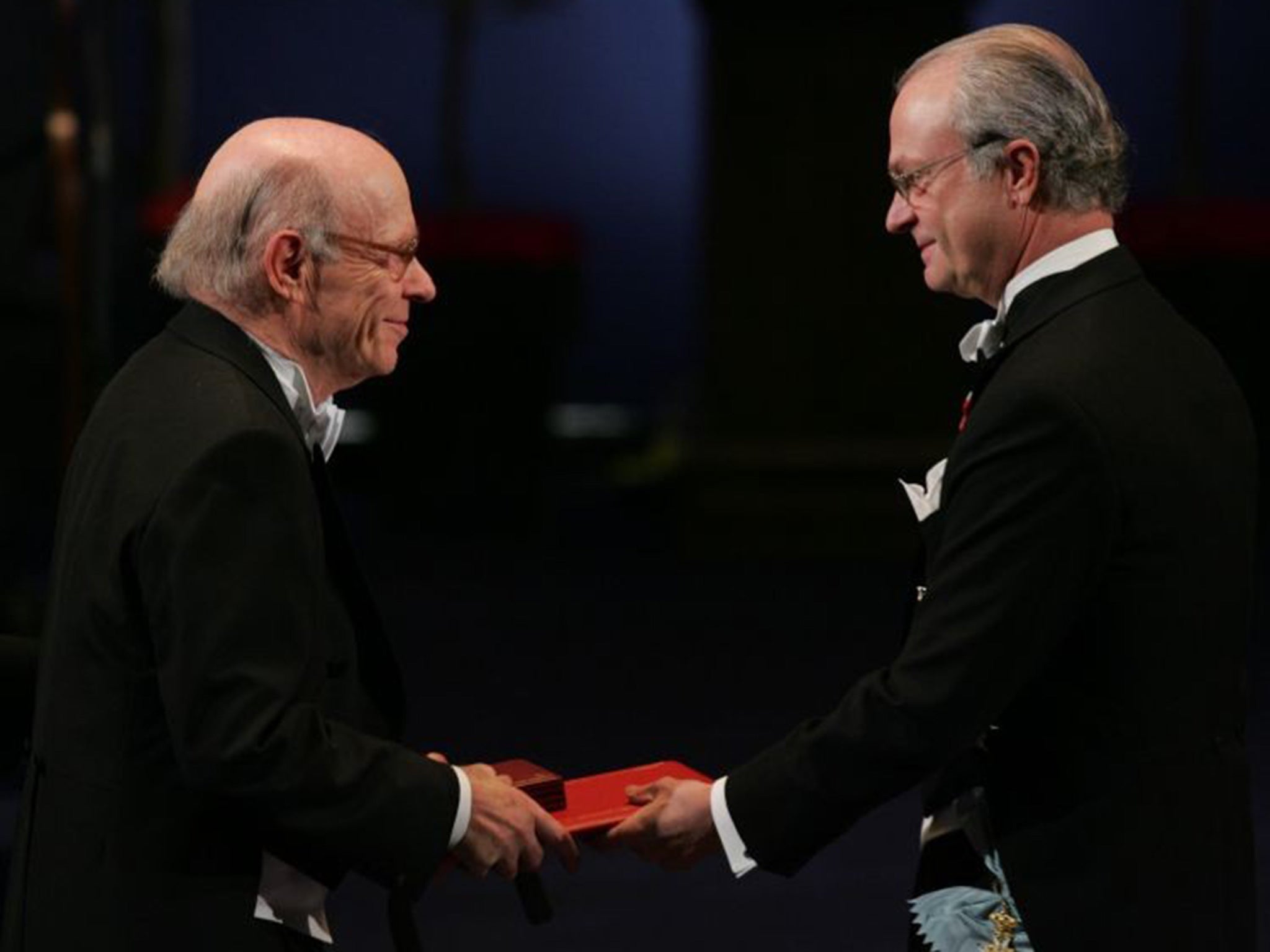Irwin Rose's work led to new treatments for cancer and cystic fibrosis
The biochemist shared the Nobel Prize for his research

Biochemist who shared the Nobel Prize for work that led to new treatments for cancer and cystic fibrosis
Each human cell contains about 100,000 different proteins, which carry out jobs such as speeding up chemical reactions and acting as signals. Rose, along with the Israeli scientists Aaron Ciechanover and Avram Hershko, won the Nobel Prize for discovering how plant and animal cells marked old and damaged proteins with a “kiss of death” molecule, the polypeptide ubiquitin. The proteins are then chopped to pieces.
The process governs such key processes as cell division, DNA repair and quality control of newly produced proteins, as well as important parts of the body’s immune defences against disease. Scientists have been trying to use the process to create medicines, either to prevent the breakdown of proteins or make the cell destroy disease-causing ones. One example is the cancer drug Velcade, which interferes with the cell’s protein-chopping machine.
Rose was born in Brooklyn in 1926, and spent much of his career as a researcher at the Fox Chase Cancer Center in Philadelphia. His Nobel-winning work was done there in the late 1970s and early 1980s.
Irwin Rose, biochemist: born Brooklyn, New York 16 July 1926; married Zelda Budenstein (four children); died Deerfield, Massachusetts 2 June 2015.
Join our commenting forum
Join thought-provoking conversations, follow other Independent readers and see their replies
Comments